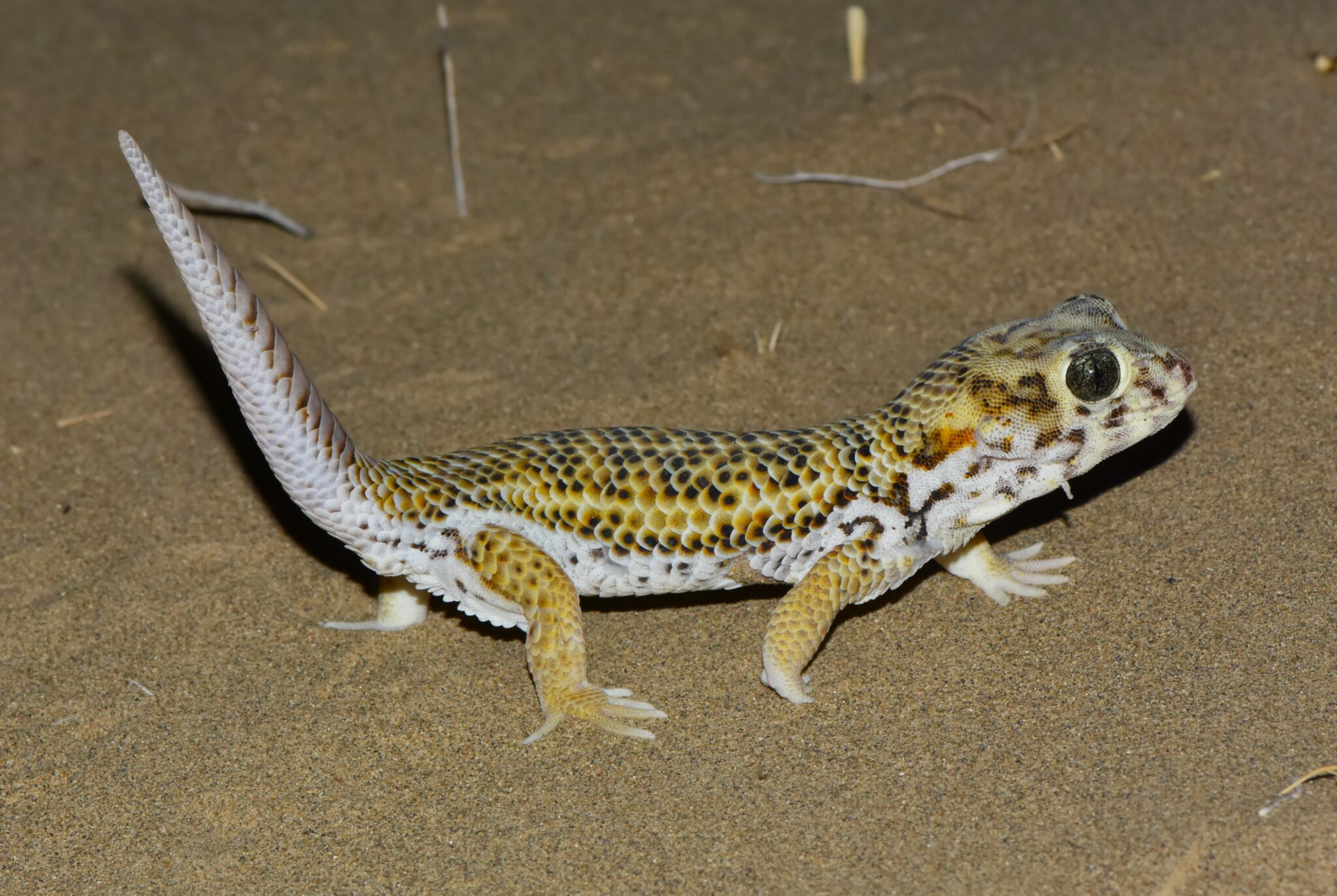In Uzbekistan, 64 species of reptiles have been documented, with 21 (34%) classified as rare and endangered, listed in the Red Book of Uzbekistan. These species are on the verge of extinction due to false stereotypes and unfounded fears about snakes and freshwater snakes, leading to their unnecessary killing. Additionally, unproven treatments involving the consumption of snakes and varans (monitor lizards) contribute to their decline, CABAR.asia informs.

Herpetologists Combat Misconceptions
Herpetologists, scientists specializing in the study of reptiles and amphibians, are working tirelessly to dispel these myths.
"People harm these animals without reason, driven by unfounded fears,"
says Timur Abduraupov, a junior researcher at the Institute of Zoology of the Academy of Sciences of Uzbekistan. Herpetology, derived from Ancient Greek and Latin, focuses on understanding these often misunderstood creatures.
Abduraupov explains that recent human encroachment on reptile habitats through construction, land appropriation, and irrational fears has led to the extinction of many species, necessitating their inclusion in the international Red Book and Uzbekistan's own Red Book.
"We've seen a significant decline in reptile populations due to habitat loss and misguided beliefs about these animals," he adds.
In the mid-20th century, varans were hunted extensively for their skins, which were used to make shoes, belts, and bags. Today, species like the sand boa constrictor, or "kulvor," face extinction due to superstitions and misinformation. Abduraupov notes,
"A small house lizard can consume about 1,000 mosquitoes in one night, yet people still harbor irrational fears."
Ecological Importance of Reptiles
Reptiles play a crucial role in the desert-steppe ecosystem, controlling rodent populations and preventing the spread of diseases like cholera. Snake venom is also used in pharmaceuticals for blood-thinning and pain relief.
"Reptiles are essential for maintaining ecological balance. Without them, we would see a surge in rodent populations and associated diseases," says Abduraupov.
Varans, in particular, are highly intelligent and territorial. "They can recognize human faces and have complex social behaviors," explains Abduraupov. He debunks myths such as varans biting livestock, emphasizing that these animals do not consume milk but primarily feed on rodents and small birds.
Despite being listed in the Red Book for over 30 years, the population of many reptiles, including varans, has halved. Climate change and human impact have driven them to extinction in regions like the Republic of Karakalpakstan. Breeding varans in captivity has proven unsuccessful due to stress.
"We've seen a dramatic decline in varan populations, particularly in Karakalpakstan. Climate change and habitat loss are major factors," Abduraupov explains.
Herpetologists urge against killing reptiles found in homes, as their presence indicates a rodent problem. Abduraupov clarifies,
"If you find a snake or lizard in your home, it's likely there because of a rodent issue, not because it poses a threat."
In Uzbekistan, the belief that varan and snake meat can cure cancer persists despite a lack of scientific evidence.
Abduraupov stresses, "There is no scientific basis for these claims. In fact, consuming reptile meat can be harmful to your health."
He emphasizes that reptile meat is not significantly different from chicken meat, and consuming it can even worsen health conditions.
Rare reptiles like Strauch’s roundhead and the Fergana sand lizard are endangered due to habitat loss from agricultural expansion. Researchers call for the preservation of natural habitats to protect these species.
"We're losing unique species due to habitat destruction. It's imperative that we take action to preserve their environments," says Abduraupov.
Legal and Educational Efforts
Uzbekistan has laws against poaching endangered species, with heavy fines for violations. However, changing public attitudes is crucial.
"Laws alone won't save these animals. We need to educate the public about the importance of reptiles and dispel myths,"
Abduraupov asserts. Improving environmental education from an early age and increasing media coverage on the benefits of reptiles are essential steps.
To save reptiles, herpetologists recommend creating reserves and protected areas, conducting awareness campaigns, and implementing stricter conservation measures.
"Without these efforts, future generations may only know these species through books," warns Abduraupov.
He calls for a collaborative approach involving government, scientists, and the public to ensure the survival of these important species.
Comments (0)